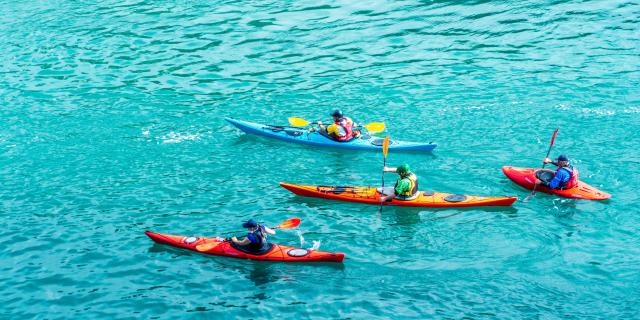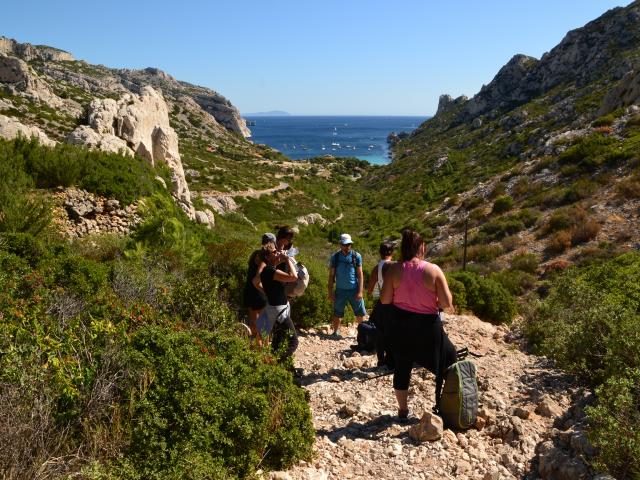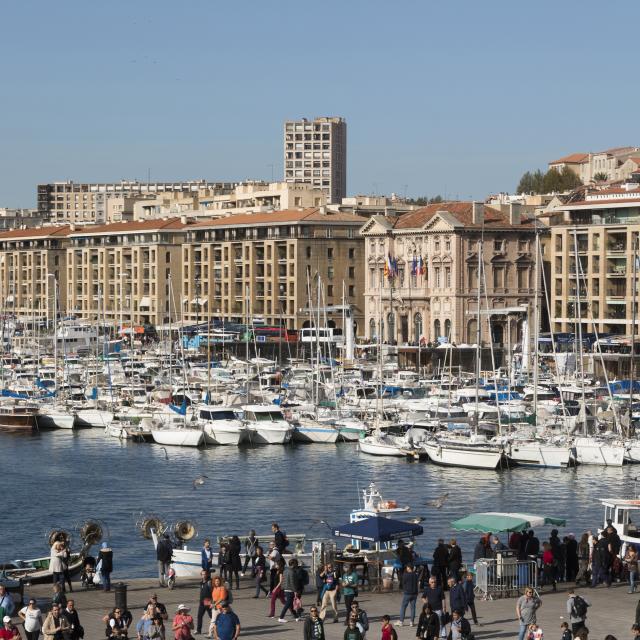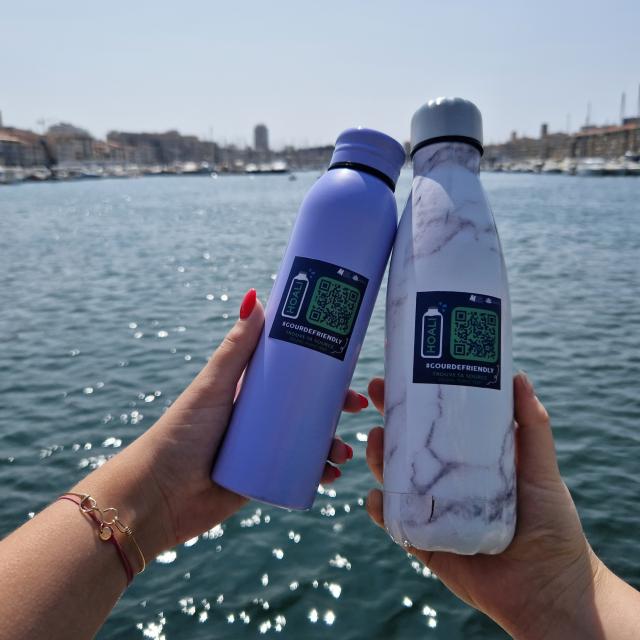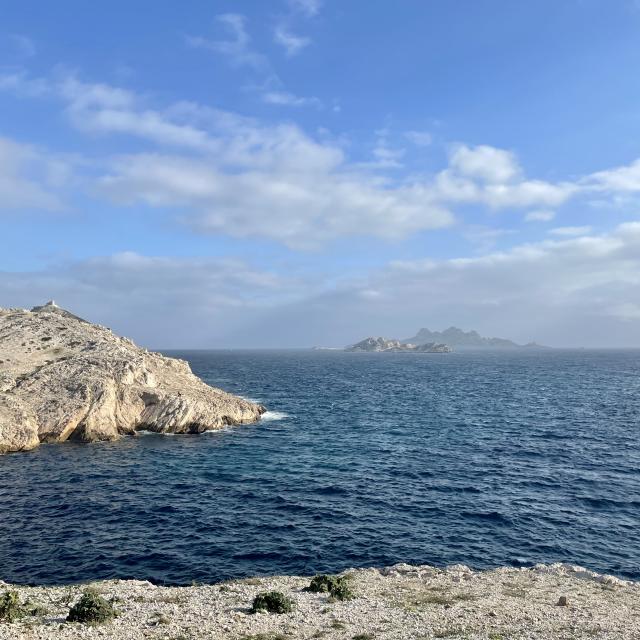What is fair tourism?
Fair tourism is an offshoot of sustainable tourism, focusing in part on the social pillar of sustainable development. According to the definition given by the Union Nationale des Associations du Tourisme (UNAT), fair tourism ‘brings together alternative forms of tourism that put people and encounters at the heart of the journey and that are in line with the development of local areas’. It is a form of travel that respects the environment and biodiversity, as well as local populations and cultures. Unlike ecotourism, its ethical rules are more demanding, because solidarity tourism has an additional objective: the trip must be beneficial for everyone, the tourist and the host population. It therefore involves total immersion in the tourism process on the part of the traveller and the local communities. The fair trade system is applied to enable local people to benefit genuinely and fairly from the resources generated by tourism, and thus improve their standard of living.
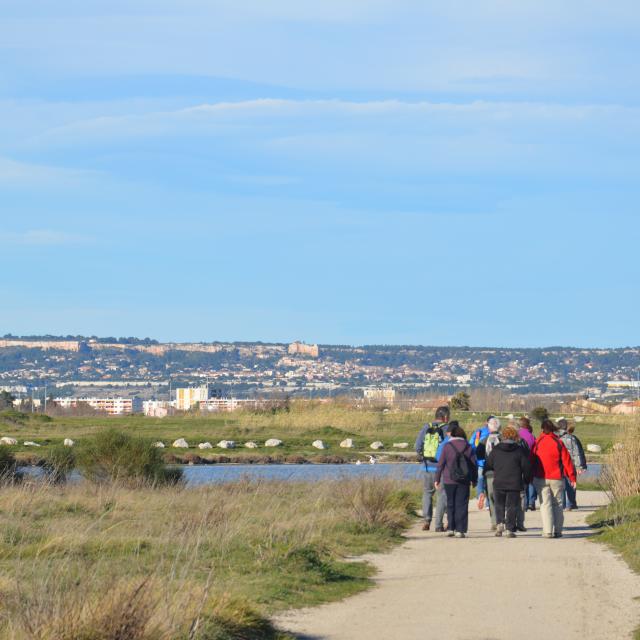 Nature hike La Petite Camargue Otmarignane
Nature hike La Petite Camargue Otmarignane
Objectives
The main aim of fair tourism is to achieve sustainable and balanced regional development, by acting directly via the tourism industry and by financing a development fund for initiatives of public interest. It contributes to the achievement of several Sustainable Development Goals (SDGs) set by the United Nations for 2030, including the eradication of poverty, access to decent jobs, the reduction of inequalities, responsible consumption and the fight against climate change. This form of fair tourism is based on 4 pillars: sustainable development, solidarity, fair trade and the social economy.
According to the 1987 Brundtland Report, sustainable development is ‘development that meets the needs of the present without compromising the ability of future generations to meet their own needs’. It must be economically efficient, socially equitable and ecologically sustainable. The role of fair tourism is to limit the impact of tourist activity on natural areas and also to limit greenhouse gas emissions.
The actions of NGOs, international organisations and those set up thanks to development aid bear witness to international solidarity. Initiatives to find solutions and take action confirm that inequalities between countries have been recognised and taken into consideration.
Fair trade is characterised by a partnership between the operator and the local partner to achieve greater equity in the commercial exchange. It creates a lasting relationship between the two parties, offering favourable commercial conditions and guaranteeing the rights of small producers. For tourism, fair trade forges a partnership between the tourism professional and his local partners, who benefit from a balanced remuneration. This approach generates benefits for the local people who welcome travellers.
The social and solidarity economy (SSE) focuses on social benefits (social inclusion, sustainable development, etc.) as much as on economic profits. Fair tourism professionals choose to be part of the SSE. The collective approach ensures that the profits generated by the structures are reinvested in social projects.
